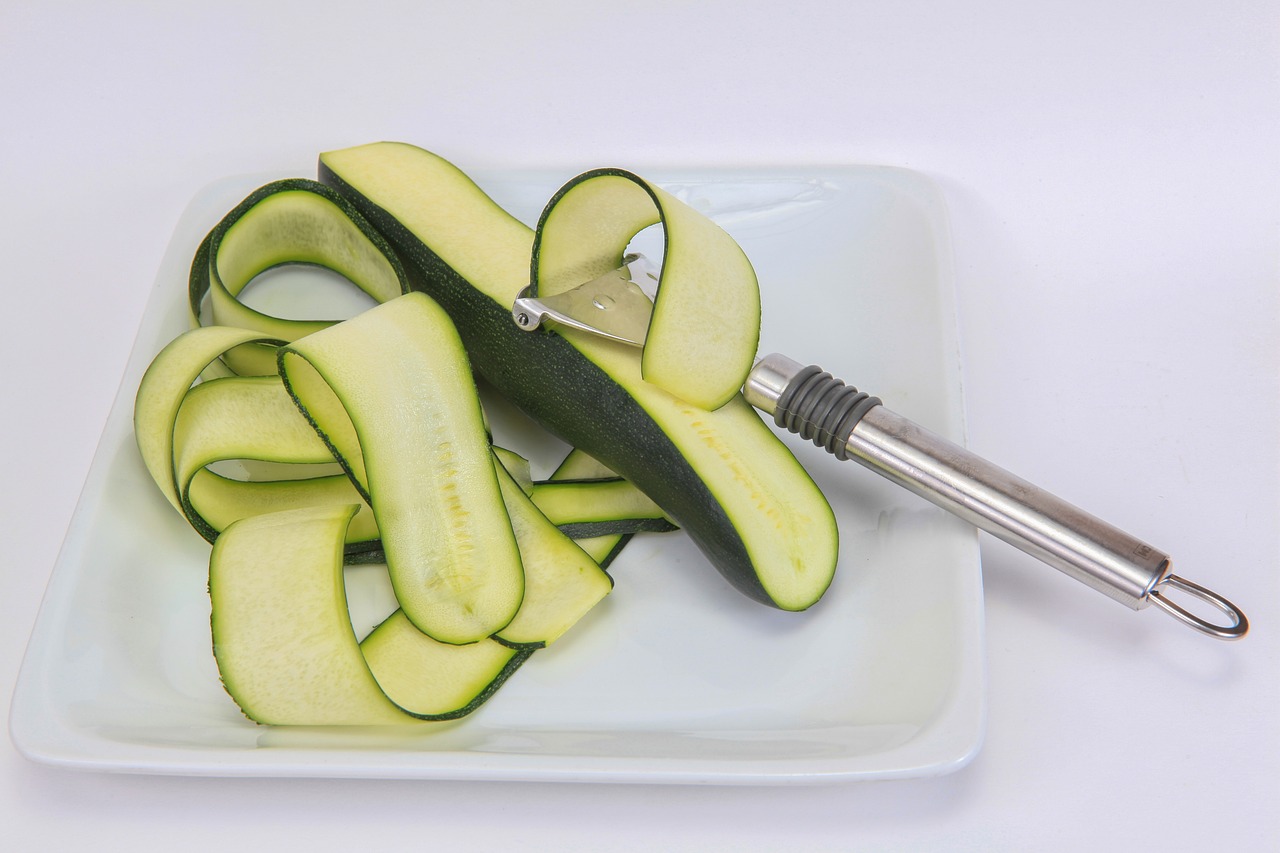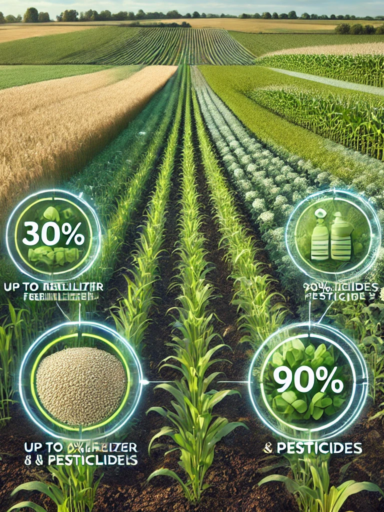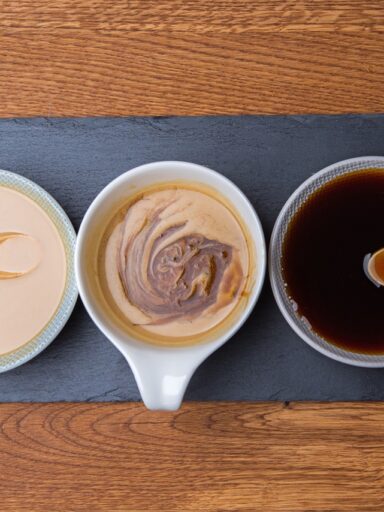Zucchinis, also known as courgettes, are a summer squash that belong to the species Cucurbita pepo. They are not only a versatile ingredient in the kitchen but also a very interesting subject of study in the field of biochemistry.
Nutritional Composition
Zucchinis are low in calories but high in essential nutrients. Here’s a breakdown of their primary components:
- Water: Zucchinis are composed of about 95% water, making them an excellent hydrating food.
- Carbohydrates: They contain approximately 3.1 grams of carbohydrates per 100 grams, primarily in the form of natural sugars and dietary fiber.
- Proteins: Zucchinis offer around 1.2 grams of protein per 100 grams.
- Fats: They are very low in fats, with about 0.3 grams per 100 grams.
- Vitamins and Minerals: Zucchinis are rich in vitamins A, C, K, and B6, and minerals like potassium, magnesium, and manganese.
Phytochemical Composition
Zucchinis are packed with various phytochemicals that contribute to their health benefits:
- Carotenoids: Zucchinis are a good source of carotenoids, including lutein, zeaxanthin, and beta-carotene. These compounds have antioxidant properties and are essential for eye health.
- Polyphenols: These include flavonoids and phenolic acids, which have been shown to exhibit anti-inflammatory, anti-carcinogenic, and cardioprotective effects.
- Cucurbitacins: These bitter compounds have been studied for their potential anti-cancer properties.
Phytochemicals??
Phytochemicals are naturally occurring compounds found in plants that contribute to their color, flavor, and disease resistance. These compounds, such as flavonoids, carotenoids, and polyphenols, have antioxidant properties and provide various health benefits when consumed, including reducing the risk of chronic diseases.
Antioxidant Properties
The antioxidants present in zucchinis, such as vitamins C and A, and the carotenoids and polyphenols, help neutralize free radicals in the body. Free radicals are unstable molecules that can damage cells, leading to chronic diseases and aging. By scavenging these free radicals, the antioxidants in zucchinis help protect the body’s cells and tissues.
Dietary Fiber
Zucchinis are an excellent source of dietary fiber, particularly in the form of pectin. Fiber plays a crucial role in digestive health by promoting regular bowel movements, preventing constipation, and supporting a healthy gut microbiome. Additionally, fiber helps regulate blood sugar levels.
Health Benefits
- Digestive Health: The high water and fiber content in zucchinis aids in digestion and helps maintain a healthy digestive tract. The fiber also acts as a prebiotic, fostering the growth of beneficial gut bacteria.
- Heart Health: Potassium in zucchinis helps regulate blood pressure by balancing sodium levels in the body. The antioxidants and fiber also contribute to cardiovascular health by reducing inflammation and improving cholesterol levels.
- Eye Health: The carotenoids lutein and zeaxanthin found in zucchinis are crucial for maintaining healthy vision. They protect the eyes from harmful UV rays and reduce the risk of age-related macular degeneration.
- Immune Support: Vitamin C is vital for a robust immune system. It stimulates the production of white blood cells and acts as an antioxidant to protect immune cells from oxidative damage.
Culinary Uses and Bioavailability
The way zucchinis are prepared and consumed can affect the bioavailability of their nutrients. Cooking methods such as steaming, grilling, or sautéing can enhance the availability of carotenoids by breaking down cell walls and making these compounds more accessible for absorption. However, overcooking can degrade some vitamins, particularly vitamin C, so it’s best to cook zucchinis lightly to preserve their nutritional value.
Zucchinis are packed with nutrients that offer numerous health benefits. They are high in water and fiber, along with a variety of vitamins, minerals, and beneficial plant compounds. These characteristics make zucchinis a versatile and healthy choice for adding to your diet, whether you eat them raw, cooked, or as part of different recipes.




